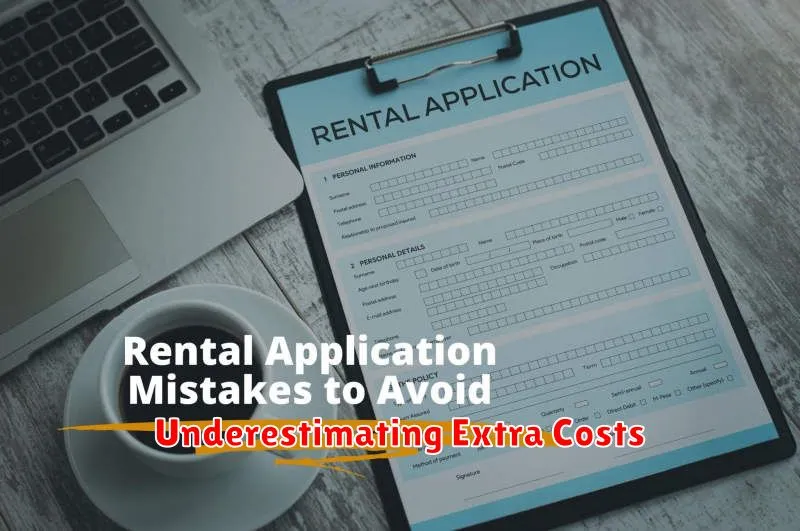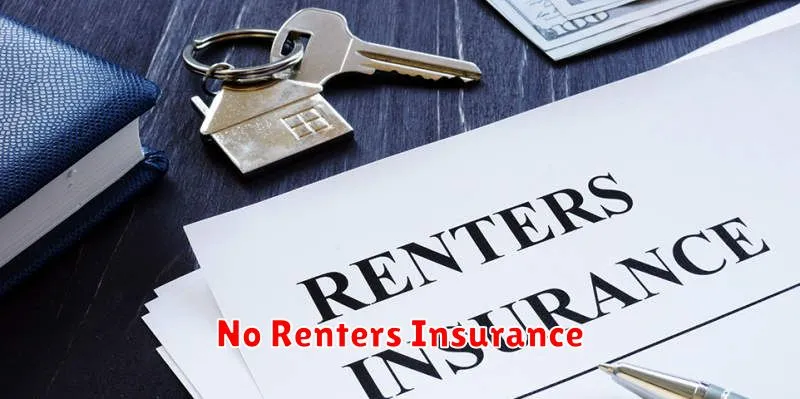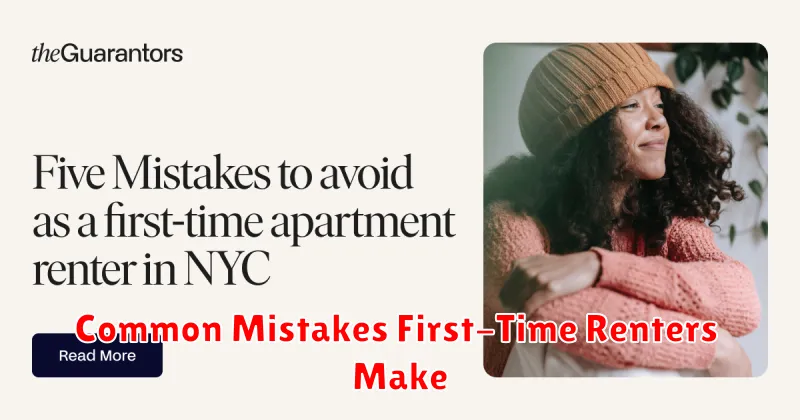Renting your first apartment is a significant milestone, marking a transition towards independence and self-reliance. However, the process can be daunting, especially for first-time renters. Many are unaware of the potential pitfalls that can lead to financial strain and undesirable living situations. Understanding common first-time renter mistakes can save you from future headaches and ensure a smooth transition into your new home. From overlooking rental scams and neglecting to thoroughly read the lease agreement to underestimating moving costs and failing to properly budget for rent, avoiding these errors is crucial for a successful renting experience.
This article will explore some of the most frequent mistakes first-time renters make, offering valuable insights and practical advice to help you navigate the rental process with confidence. By understanding these common errors, such as not getting renters insurance or neglecting to document the condition of the apartment before moving in, you can avoid unnecessary stress and protect your financial well-being. Learn how to avoid these first apartment mistakes and embark on your renting journey fully prepared and informed.
Skipping Property Research
One of the biggest mistakes first-time renters make is neglecting thorough property research. Rushing into a lease without understanding the neighborhood, the building’s condition, or the landlord’s reputation can lead to significant problems down the line. Due diligence is crucial.
Research should encompass several key areas. Examining the neighborhood is paramount. Consider proximity to work, amenities, transportation, and safety. Then, scrutinize the property itself. Look for potential maintenance issues, pest problems, and adequate security measures.
Finally, research the landlord or property management company. Online reviews and tenant forums can offer valuable insights into their responsiveness and management style. Understanding these factors beforehand can save you from future headaches and ensure a positive rental experience.
Ignoring the Neighborhood
First-time renters often focus heavily on the apartment itself, overlooking the surrounding neighborhood. While a beautiful apartment is appealing, living in a neighborhood that doesn’t fit your lifestyle can quickly lead to dissatisfaction.
Consider proximity to work or school, availability of public transportation, and the presence of amenities like grocery stores, restaurants, and parks.
Safety is another critical factor. Research crime statistics and talk to potential neighbors to get a feel for the area’s security.
Finally, think about the neighborhood’s overall atmosphere. Is it bustling and lively, or quiet and residential? Does it align with your preferred lifestyle?
Not Reading the Lease

One of the most common, and potentially costliest, mistakes first-time renters make is not thoroughly reading their lease agreement. A lease is a legally binding contract, and failing to understand its terms can lead to unexpected expenses, disputes with your landlord, and even eviction.
Take the time to carefully review every clause. Pay close attention to details regarding rent amount, due date, late fees, lease duration, pet policies, maintenance responsibilities, and any restrictions on the property’s use. If anything is unclear, ask your landlord for clarification before signing. Don’t assume anything.
Understanding your lease is crucial for protecting your rights and ensuring a smooth tenancy. It’s a fundamental step in responsible renting.
Underestimating Extra Costs

First-time renters often focus primarily on the advertised rent price, overlooking additional expenses that can significantly impact their budget. Failing to account for these extra costs can lead to financial strain and unpleasant surprises.
Beyond the monthly rent, it’s crucial to consider expenses such as utilities (electricity, gas, water, internet), parking fees, renter’s insurance, and potential move-in costs like deposits and administrative fees.
Some rentals include certain utilities in the rent price, while others leave these responsibilities to the tenant. Thoroughly review the lease agreement to determine which utilities you will be responsible for paying.
Also, inquire about other potential costs like pet fees or fees for amenities like laundry facilities or storage units. Creating a comprehensive budget that includes all potential expenses is essential for successful and stress-free renting.
No Renters Insurance

One of the most common mistakes first-time renters make is neglecting to purchase renters insurance. Many mistakenly believe their landlord’s insurance covers their belongings, which is incorrect. A landlord’s policy typically only protects the physical structure of the building, not the renter’s personal possessions.
Renters insurance provides crucial financial protection against a variety of risks, including theft, fire, and water damage. It also offers liability coverage, which protects you if someone is injured in your apartment and decides to sue. The cost of renters insurance is relatively inexpensive, especially considering the potential financial losses it can prevent.
Without renters insurance, you could face significant out-of-pocket expenses to replace your belongings or cover legal fees. Consider the cost of replacing furniture, electronics, clothing, and other personal items. It can quickly add up to a substantial amount. Therefore, obtaining renters insurance is a wise investment that provides valuable peace of mind.
Late Communication with Landlord
Timely communication with your landlord is crucial for a positive renting experience. Failing to communicate promptly can lead to misunderstandings and potentially escalate minor issues into larger problems.
Common examples of late communication include delaying rent payment notifications, not reporting necessary repairs promptly, or failing to inform your landlord about planned guests or changes in your situation.
Proactive communication is key. Inform your landlord as soon as you anticipate a late rent payment. The sooner you communicate, the more likely they are to work with you. Similarly, report maintenance issues as soon as they arise to prevent further damage and demonstrate your responsible tenancy. Open communication fosters a good landlord-tenant relationship and contributes to a smoother rental experience.

